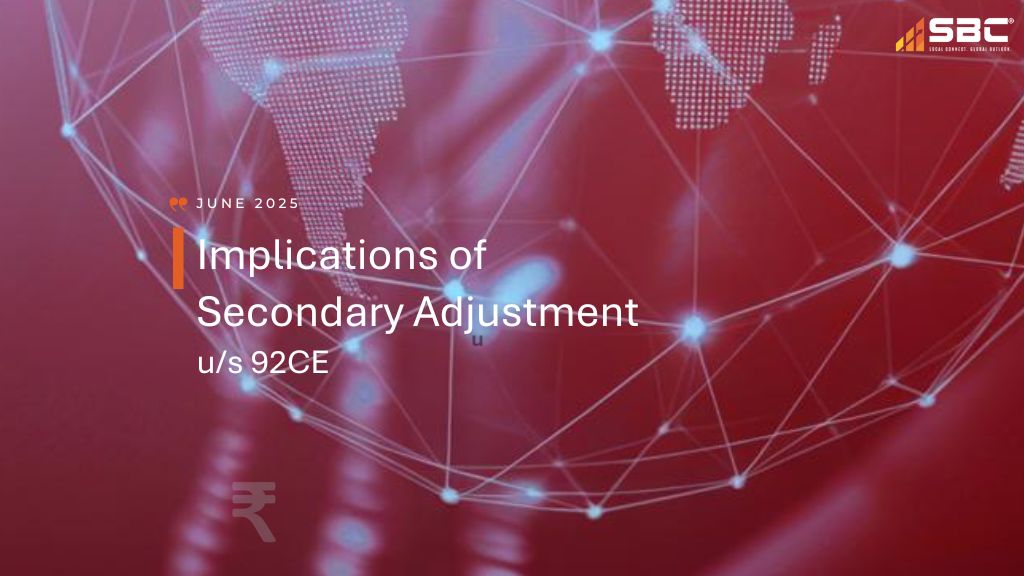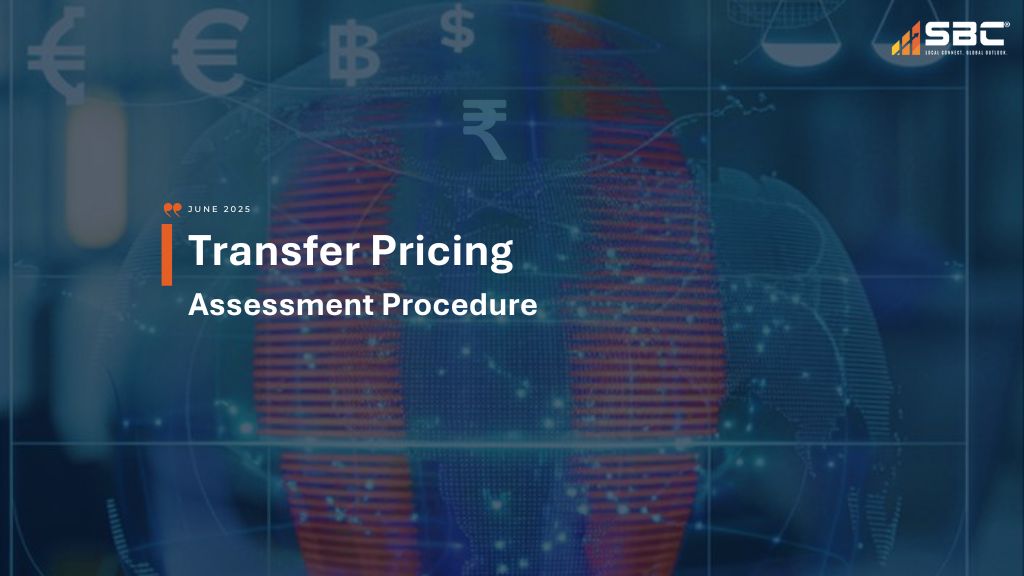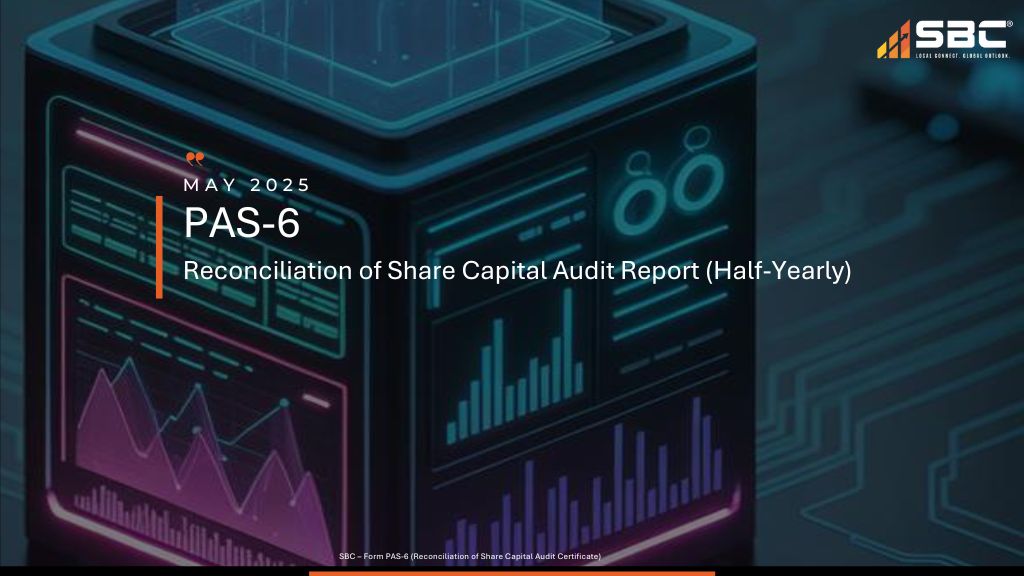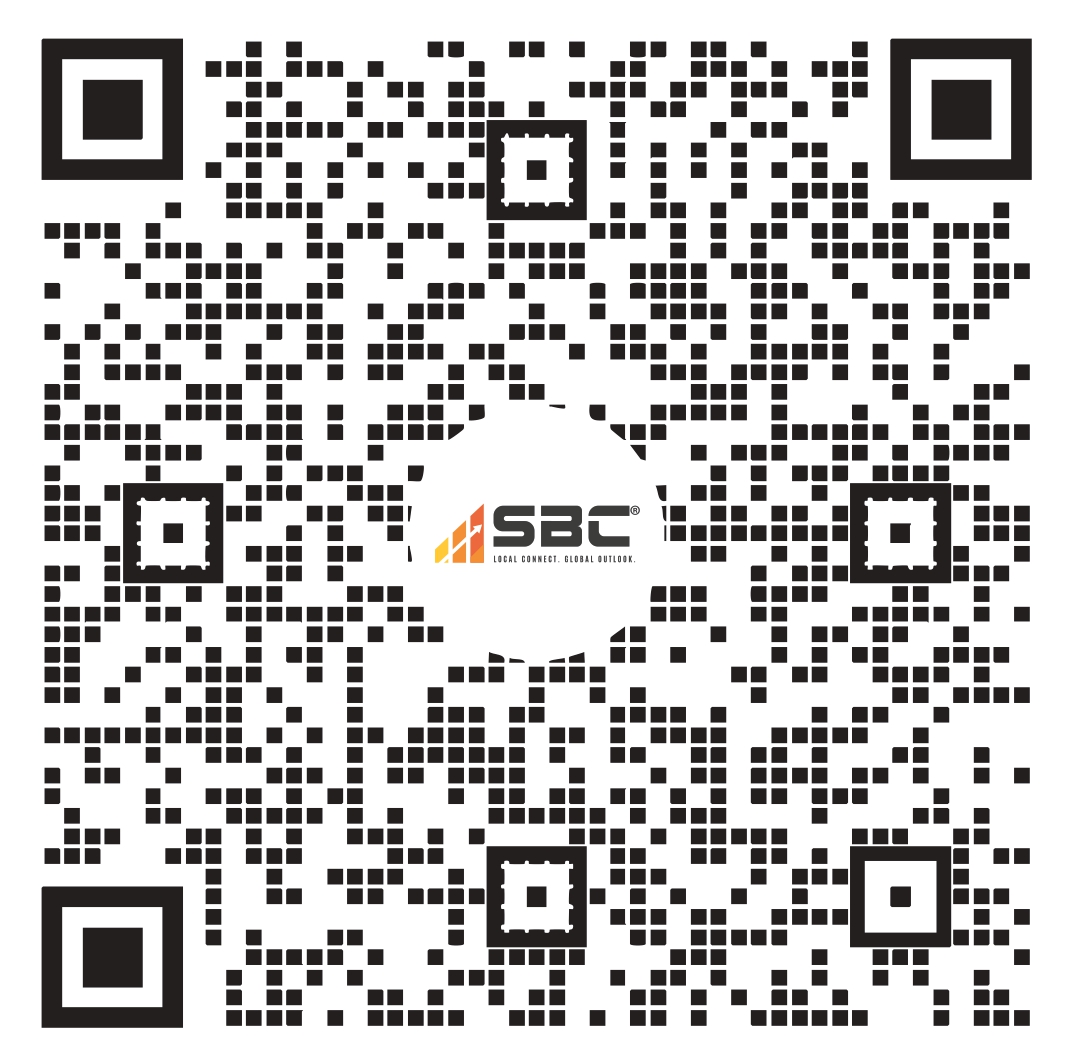Year-end GST Checklist Steps to Smooth Transition
Home > Year-end GST Checklist Steps to Smooth Transition

April 17, 2025
As FY 2024-25 ends, ensure a seamless transition to FY 2025-26 with these essential GST tasks.
I. Outward Supplies: Get Your Records in Order
- Reconcile GSTR 1 with GSTR 3B & GST Returns with Books of accounts and rectify any mismatches between books and filed returns.
- Reconciliation of “E-Invoice and E-way bills” generated with actual sales
- Check applicability of E-Invoice
- From February 2025, reporting 6-digit HSN codes via dropdown is mandatory, as manual entry is disabled. The HSN master description will auto-fill the “Description as per HSN Code” field.
- Ensure shipping bill details for the export of goods with payment of tax are correctly entered in GSTR-1 and transmitted to the ICEGATE portal for IGST refund claims.
- Ensure all credit/debit notes are issued and reported in GSTR-1
- Ensure tax liability against receipt of advances (services) and adjustment thereof to derive at unadjusted advances
- Ensure correct bifurcation of B2B and B2C transactions in GSTR-1
- In case of the export of goods/services without payment of tax, make sure to file application for LUT for FY 2025-26 on or before 31st March 2025.
- Check tax compliance on branch/stock transfers
- Ensure correct reporting of Taxable, Exempt, Non-GST and Nil-rated supplies
- Verify if any corrections/amendments in invoices or details are required
II. Input Tax Credit (ITC) & RCM
1.Reconciliation of Input Tax Credit (ITC) as per Books and GSTR 3B:
While filing GSTR-3B as per Circular 170 of CGST Act and claiming ITC recorded in books and matched with GSTR-2B, it is essential to verify any discrepancies at the year end, such as:
- ITC matched with GSTR 2B but missed to claim in GSTR-3B
- ITC reversed in Table of Permanent Reversal [4(B)(2)] instead of Temporary Reversal [4(B)(1)] in GSTR 3B
- RCM ITC wrongly reported in Regular ITC
- Interchange claims of SGST /CGST as IGST and vice versa, etc
Note: Any such correction/ claim shall be made up to the October month return filed by 30th November of the subsequent Financial Year or filing of annual return, whichever is earlier.
2. Other Important points to check under ITC are:

Note: Rule 37 – Check for ITC reversal required on account of non-payment to vendors within 180 days or reclaim of any ITC in respect of supplies for which payment has been made.
3. Reverse Charge Mechanism (RCM):
• Reconcile expenses attracting RCM with amounts reported in GSTR-3B and books.
• Ensure GST is paid on RCM basis for imports of goods/services.
• Claim eligible ITC in GSTR-3B by November 30th of the following financial year or before filing of the annual return, whichever is earlier.
• Ensure correct reporting, payment and claiming of RCM in GSTR-3B.
III. Rule 96A Compliance (Exports under LUT/Bond)
1. Goods must be exported within 3 months from the invoice date.
2. Payment for export of services must be received in convertible foreign exchange/INR (as per RBI) within 1 year [or the period allowed under FEMA (9 months), including extensions] from the invoice date.
3. Regularly review compliance for each invoice; ensure no defaults before Financial Year ends.
4. Refund Timeline-
• Refund applications must be filed within 2 years from the relevant date as per the act.
• It may be noted that it is a regular activity to ensure that the refund is claimed periodically.
However, we shall check the same at the end of FY to plug any gap and apply for refund without any default.
IV. Other Compliances
- If the conditions of Rule 86B are met, ensure that at least 1% of the total tax liability is paid in cash.
- Obtain declarations from vendors exceeding the prescribed aggregate turnover threshold but exempt from e-invoicing under clause (s) of Rule 46.
- Check for any GST TDS/TCS credit available on our GST Portal and claim the same after checking its authenticity from the books of accounts
- Ensure registered persons with turnover up to ₹5 Cr opt in/out of the QRMP Scheme on time for seamless tax compliance
- If opted for the Composition Scheme for FY 2025-26, ensure Form CMP-02 is filed by March 31, 2025.
Note:
1. Check whether the material sent for job work has been returned within the prescribed time limit (i.e. for Inputs – 1 year and for Capital goods – 3 years) and whether the same has been duly reported in ITC 04.
2. Ensure that goods sent on an approval basis are either returned within six months or sold with the issuance of a tax invoice to comply with regulations.
V. Credit Note Declaration Compliance
As per reference vide Circular No.-212/6/2024-GST-
Ensure that if the discount given by the supplier to a recipient through tax credit notes in a Financial Year exceeds ₹5,00,000/-, then the supplier must obtain a CA/CMA certificate from the recipient confirming ITC reversal.
If the discount given by the supplier to a recipient through tax credit notes in a Financial Year is up to ₹5,00,000, a self-declaration from the recipient is sufficient.
Note: To avoid a last-minute rush during assessments, it is advisable to maintain these documents for scrutiny, audit, or investigation.
VI. Input Service Distributor (ISD) Registration Requirement
(Effective from 01 April 2025)
Applicability
- Any office of a supplier of goods or services or both that receives tax invoices for input services on behalf of distinct persons under Section 25.
- It also includes invoices subject to reverse charge tax.
Mandatory Registration
- Entities meeting the above criteria must register as an ISD under GST.
- The ISD will distribute Input Tax Credit (ITC) in respect of such invoices to the respective recipients.
Action Required
- Identify such offices/ entities on or before 31st March 2025.
- Apply for ISD registration to comply with the new mandate.
- This ensures proper ITC distribution and compliance with GST laws.
VII. The Hotel Industry!
Two major notifications were issued on 16th January 2025, impacting GST compliance for hotels and restaurants from 1st April 2025. Key changes as per notification no. are as follows-
Notification No. 05/2025 – CT (Rate)
Introduction of the “Specified Premises” concept (Hotels with high-value accommodations).
Removal of the “Declared Tariff” concept (Earlier tariff-based taxation is removed).
Mandatory Opt-In/Opt-Out Declaration before 31st March 2025.
Notification No. 08/2025 – CT (Rate)
E-Commerce Operators (like Swiggy, Zomato) will no longer be liable to pay GST on restaurant services provided in “Specified Premises”.
GST liability will now shift to restaurant owners, and they must pay 18% GST with Input Tax Credit (ITC) benefits.
Note-
What are “Specified Premises”?
1. Any hotel or restaurant where room rent exceeded ₹7500 per day in the previous financial year.
2. Any new hotel registering as a Specified Premises must file an Opt-In form (Annexure VII, VIII, IX).
Revised GST Rates from 1st April 2025
- Standalone Restaurants (Not attached to any hotel) – 5% GST (No ITC)
- Restaurants in Specified Premises (₹7500+ per day hotel rooms – 18% GST (ITC allowed)
- Restaurants in hotels with room rent below ₹7500 per day – 5% GST (No ITC)
Important Notes:
- Hotels falling under “Specified Premises” must file Opt-In Declaration (Annexure VII) before 31st March 2025.
- New GST registrations must file Annexure VIII within 15 days of ARN generation.
- For opting out, hotels/restaurants must file Annexure IX
- Once an option is selected, it cannot be changed for the financial year unless an Opt-Out Declaration is filed.
Verify Email
Verify your email address below to download the PDF
CONTACT US
RELATED POSTS
-
 20 Jun 2025Implications of Secondary Adjustment u/s 92CE
20 Jun 2025Implications of Secondary Adjustment u/s 92CE -
 16 Jun 2025Transfer Pricing Assessment Procedure
16 Jun 2025Transfer Pricing Assessment Procedure -
 31 May 2025ITAT Delhi Ruling on Treaty Abuse Allegation and DTAA Benefits
31 May 2025ITAT Delhi Ruling on Treaty Abuse Allegation and DTAA Benefits -
 28 May 2025PAS-6 Reconciliation of Share Capital Audit Report (Half-Yearly)
28 May 2025PAS-6 Reconciliation of Share Capital Audit Report (Half-Yearly) -
 19 Apr 2025Complying with MSME Vendor Regulations in India
19 Apr 2025Complying with MSME Vendor Regulations in India



